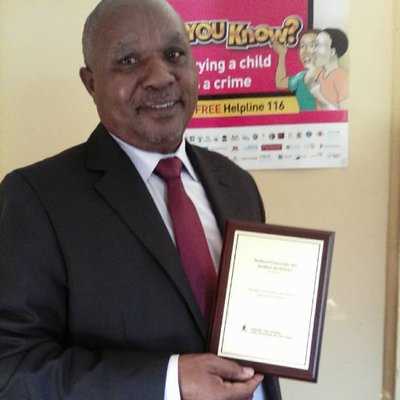
Bridget Mabanda
The Zimbabwe Association of Family Therapists and Professional Counsellors (ZAFTPC) is calling for the Public Service Commission (PSC) to consider having professional counsellors within a school establishment to deal with bullying in schools.
In the United Kingdom, 12-20 November is Anti-bullying Awareness Week and this years’ theme is “Reach Out.”
ZAFTPC president, Rev. Taylor Nyanhete told Zim Now that each and every school must have a professional counsellor so that cases of bullying in schools get more attention.
“As I speak, in Zimbabwe schools do not have counsellors in their establishments which is a call for government to have professional counsellors within a school establishment so that full time attention is given to children’s issues.
“Schools may argue now that we do have Guidance and Counselling and there are specific teachers assigned to that but, these people are not paid for that service. This person must be fully employed as a counsellor not doubling both because they will not have enough time to attend to the bullies and those bullied if they do it as part time because it requires record-keeping of files in an office,” he said.
Ministry of Primary and Secondary Education Director of Communications and Advocacy Taungana Ndoro, however, while responding to Zim Now inquiries said: “We have an anti-bullying policy at every school,” adding that the policies are very effective.
Research shows bullying has a long-lasting effect on those who experience or witness it, and parents and school authorities must be keen to play their parts in helping to support and reduce it.
Nyanhete said that bullying at schools in the country has been a cause for concern.
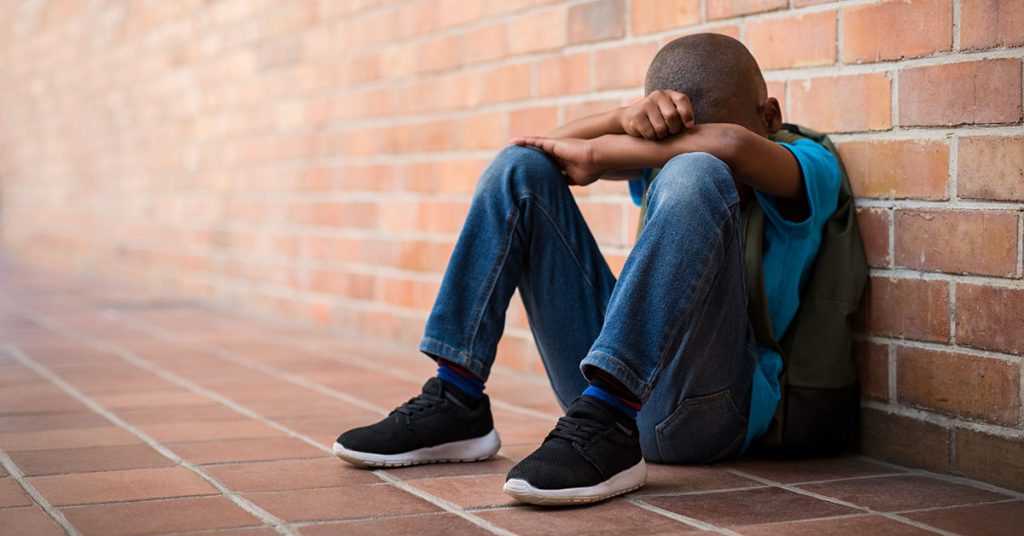
“Young people who experience bullying may be pulled away from society, struggle with learning and social development, or choose to harm themselves or others,” he said.
He said when that happens, it is important for school authorities to invite parents/guardians so that together, they can find ways of helping the bully and the bullied because some bullied children might commit suicide because no one would have understood them from their point of view.
Recently in September 2022, a pupil hanged himself at St Faith’s High School in Rusape after he had been bullied by other learners who accused him of being a satanist, according to the Zimbabwe Republic Police.
He left a suicide note in which he appears to suggest that no-one was willing to listen to him about what was stressing him.
Related Stories
In a related issue, in 2021, two Form Three learners aged 16 from All Souls Mission High School in Mutoko attempted to commit suicide after being allegedly bullied by a prefect at the Catholic-run institution.
Nyanhete said bullying is a behaviour that manifest itself at times from abuse that could have happened to the bully. Therefore, it requires investigation to establish the source of that in a person.
Gamuchirai Chinamasa, a family therapist, also said the reasons for students to bully other people could be issues at home that they are not coping well with.
She urged schools to put in place mechanisms to curb the now rampant activity as bullying has after effects to both the bully and the bullied.
“The effects on those bullied is long and life-threatening to their mental and physical health and how they interact with others be it friendship or relationship.
“It can cause a blow to their self-esteem and mental health, causing trauma, depression or anxiety. The effects on those doing the bullying are regret, a pattern that can be difficult to handle, isolation, dismissal from school, suspension, bad school record that affects their future and lifelong character flaws,” she said.
She said in some cases, bullies do not realise the effect of what they are doing and how harmful it is hence there is need for awareness in schools on the effects of bullying.
Chinamasa also said there should be interventions, therapy/ counselling, anger management classes, so as to address the issues and communicating.
“Learners must not take these matters into their own hands, but seek help and therapy as well as knowing the signs of being bullied,” she said.
Research shows that relevant authorities must understand the needs of children than to blame them because children learn behaviours.
They are not born with behaviours but they acquire these through seeing and interacting with other children and also from observing from within communities where they live.
Chinamasa also said parents and school authorities must play an important role to discipline the child in a manner that does not harm them further or cause injury to their physical self.
A bullying procedure that is clear to the children and also to the authorities, especially during inductions, must be presented.
Parents must also be taught how to handle bullying even at homes.

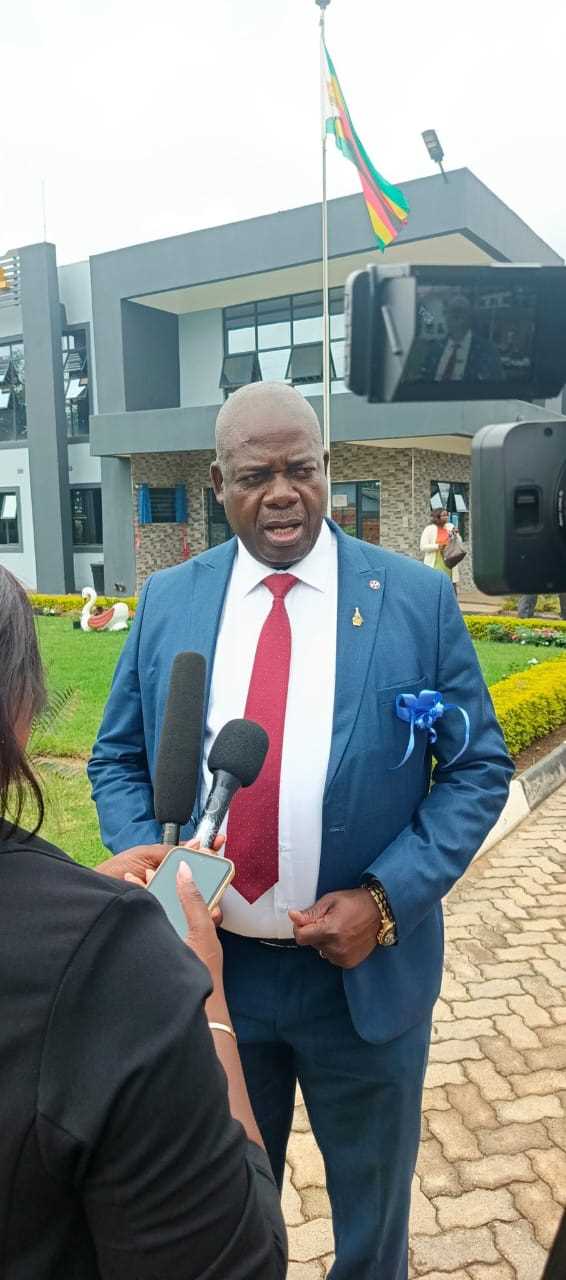



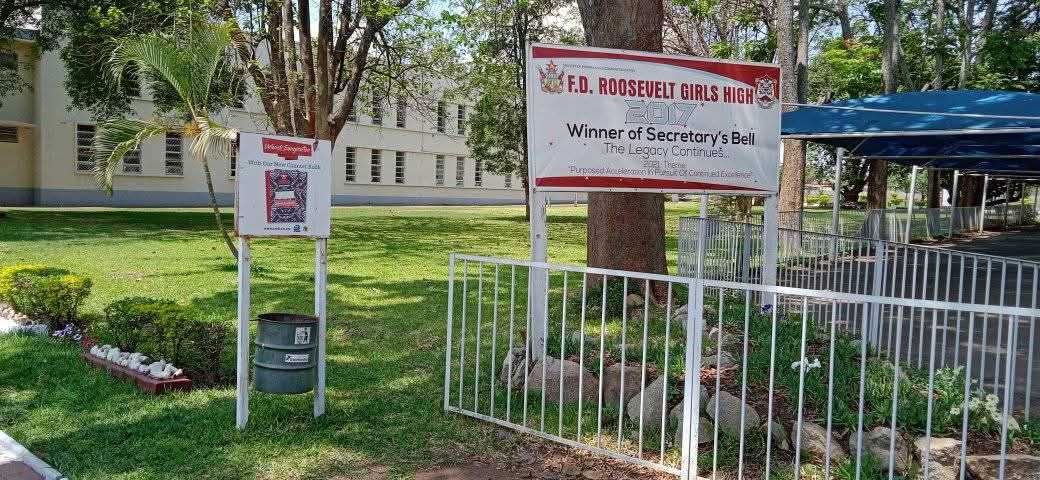

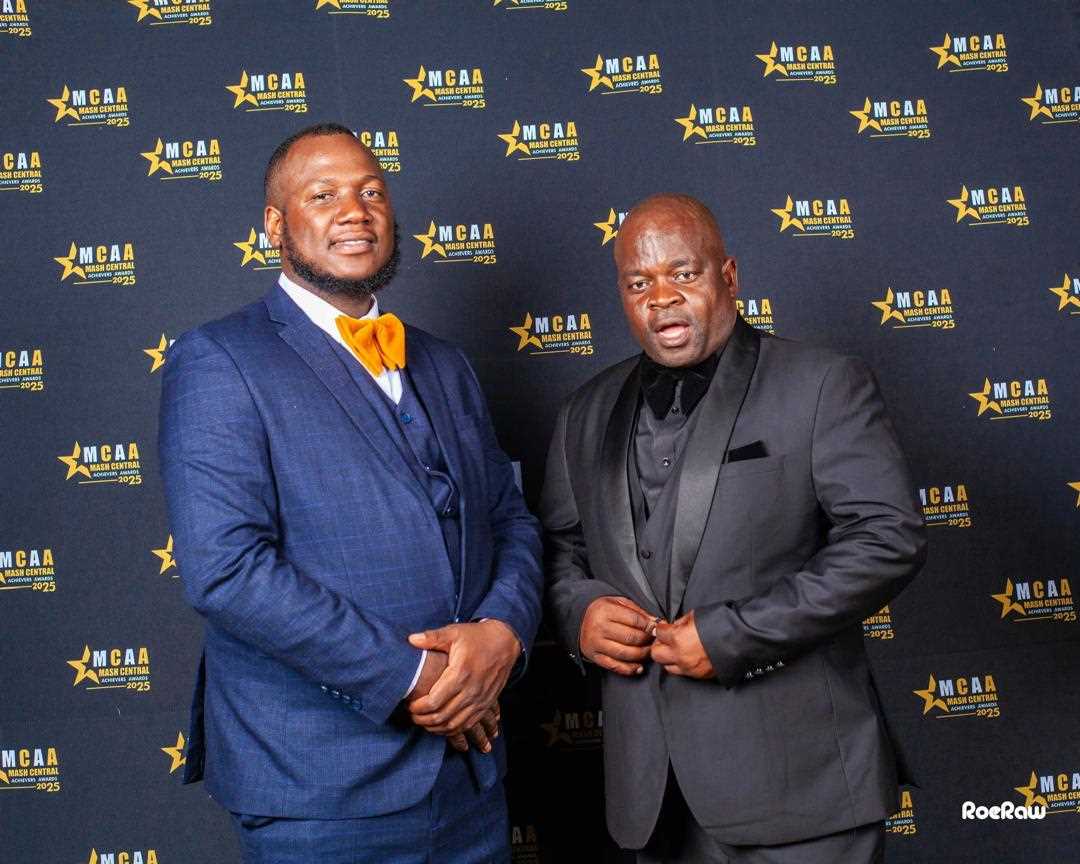


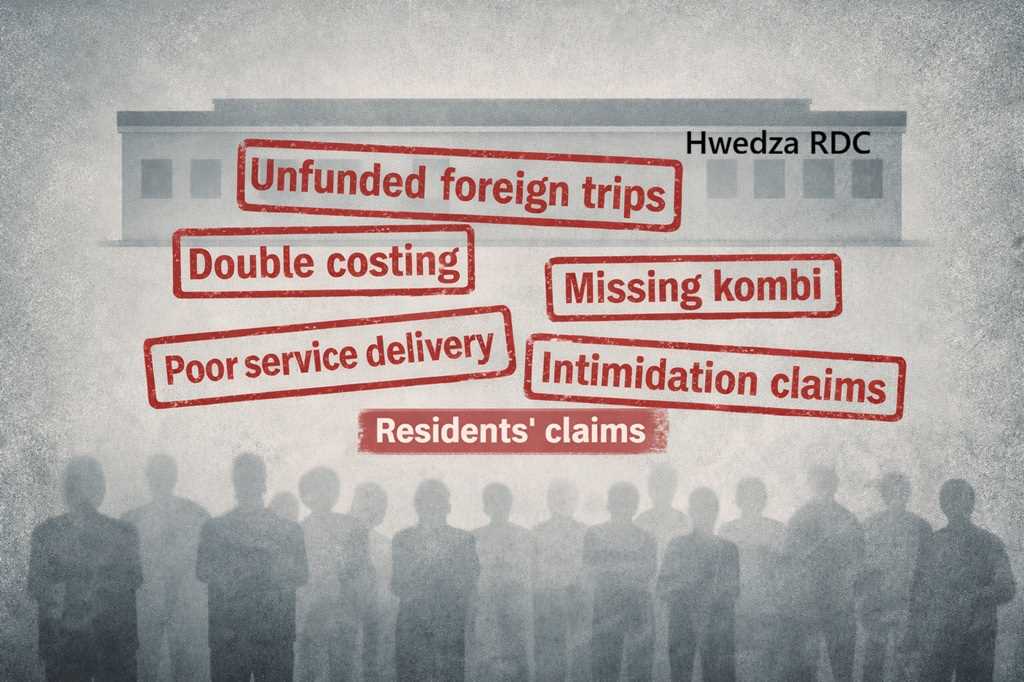

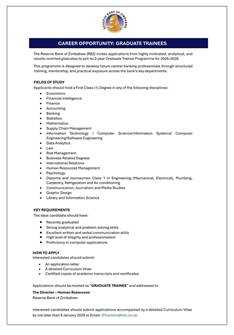




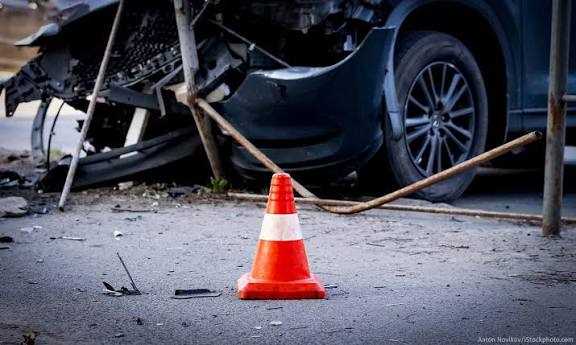


Leave Comments